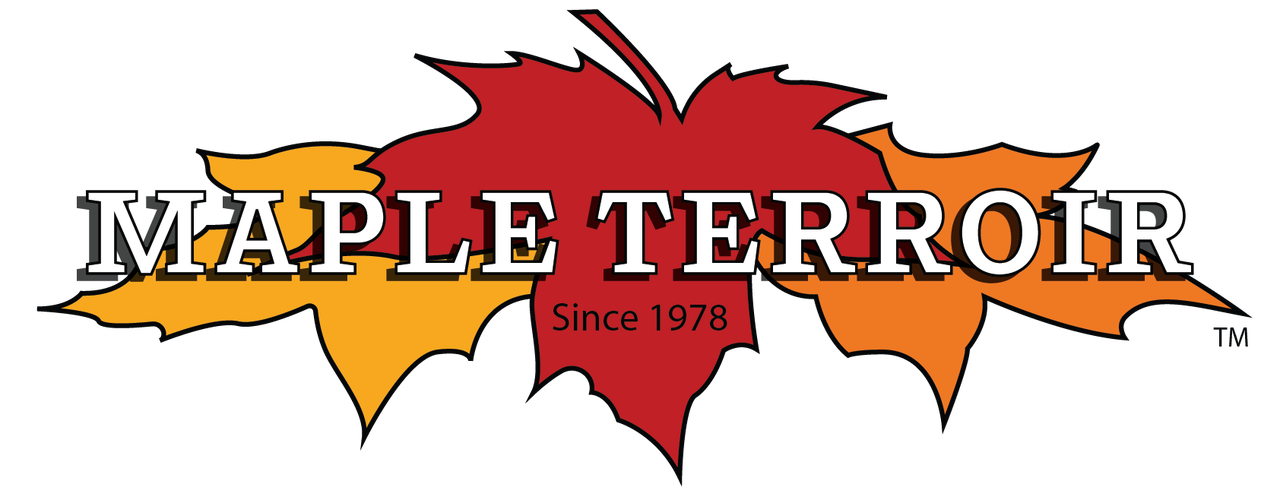
The Rich Story of Maple Syrup Canada: Discover Vancouver's Maple Terroir
Share
Witness the flow of amber maple syrup, each drop carrying the rich heritage of Canadian craftsmanship. This natural treasure represents more than a breakfast staple – it reflects generations of dedication and refinement by skilled artisans. Through Vancouver’s Maple Terroir, explore the artistry of premium maple syrup production, where traditional methods and natural elements, such as soil and climate, shape unique flavor profiles that highlight Canadian excellence.
The Legacy of Maple Terroir: A Vancouver Success Story
In 1978, a Vancouver-based maple syrup company began collaborating with a fourth-generation Appalachian Mountain farm in Quebec, combining traditional Canadian techniques with time-honored craftsmanship. This partnership celebrates cultural heritage and sustainability, values reflected in the company's product line and its enduring reputation for excellence.
The expanding maple product line includes:
- Traditional favorites: maple sugar cookies, delicate shortbread cookies
- Creative offerings: Fragrant maple tea, distinctive maple coffee
- Signature products: Five exceptional maple stroopwafel varieties
The company maintains its commitment to pure production methods, avoiding chemicals, artificial preservatives, and bleaching agents. These practices ensure that every product reflects the natural terroir of the Appalachian Mountains and aligns with the company’s long standing values of quality and authenticity.
Understanding the Terroir of Canadian Maple
The distinct flavor of maple syrup is influenced by natural elements such as soil composition, climate, and elevation. Research from the University of Vermont's Proctor Maple Research Center has identified numerous compounds contributing to maple syrup's complex flavor, each reflecting its geographical origin.
For example:
- Southwestern Ontario: Rich soils contribute to deep, earthy notes in the syrup.
- Canadian Shield Regions: The unique geological features result in lighter, more delicate flavors.
Seasonal changes further impact flavor profiles. Studies indicate that variations in temperature during sap collection lead to differences in syrup quality, with higher temperatures linked to syrups containing elevated levels of phenolic compounds, which affect both flavor and health attributes.
Quality Control and Pure Production Methods
At Maple Terroir, quality is paramount. The company adheres to strict organic standards, avoiding chemicals, preservatives, and bleaching agents at every stage of production. Each batch is rigorously tested to ensure consistency in flavor, color, and purity, meeting both organic certification requirements and the company’s high standards of organic maple syrup.
This commitment to quality is evident across the product line, from classic maple syrup to innovative items like maple stroopwafels. The goal is to provide customers with an authentic maple experience that reflects the natural terroir of the Appalachian Mountains.
Conclusion
Canadian maple syrup captures the essence of natural craftsmanship, shaped by pristine soils, changing seasons, and generations of dedication. Maple Terroir embodies this heritage, combining traditional practices with modern innovation to create products that celebrate the unique flavors of Canadian maple.
From velvety maple cream to thoughtfully crafted stroopwafels, Maple Terroir’s offerings represent the very best of maple syrup production. Discover the unparalleled flavors and authenticity of Canadian maple syrup at mapleterroir.com and experience the craftsmanship for yourself.
FAQs
Q1. What makes Canadian maple syrup unique? Canadian maple syrup stands distinguished by its exceptional quality and complex flavor profile. The syrup contains more than 300 distinct compounds that reflect the unique characteristics of its origin. Rich in essential minerals including calcium, zinc, magnesium, and potassium, it features a distinctive polyphenol called quebecol.
Q2. How does the production process affect maple syrup quality? Production methods significantly influence maple syrup quality. Organic certification requires adherence to strict natural forest management practices, sustainable pest control approaches, and precise harvesting techniques.
Q3. Is Vancouver a significant producer of maple syrup? While Vancouver is not a primary maple syrup production region, it hosts innovative brands like Maple Terroir. The company partners with a fourth-generation Appalachian Mountain farm, delivering authentic Canadian maple products to customers globally for over 45 years.
Q4. How does terroir influence the taste of maple syrup? Terroir fundamentally shapes maple syrup characteristics. Elements including soil composition, climate conditions, and elevation create distinct flavor signatures. Southwestern Ontario typically produces earthier profiles, while Canadian Shield regions yield lighter, more delicate notes. Seasonal weather patterns during production also influence the syrup's distinctive character.
Q5. What sets Canadian maple syrup apart from American maple syrup?
The distinction primarily lies in regulatory standards. Canadian guidelines mandate pure maple sap as the sole ingredient, upholding uncompromising quality standards. In comparison, U.S. regulations permit certain additives during production. This fundamental difference in manufacturing requirements has established Canadian maple syrup's esteemed reputation for exceptional purity and premium quality.

